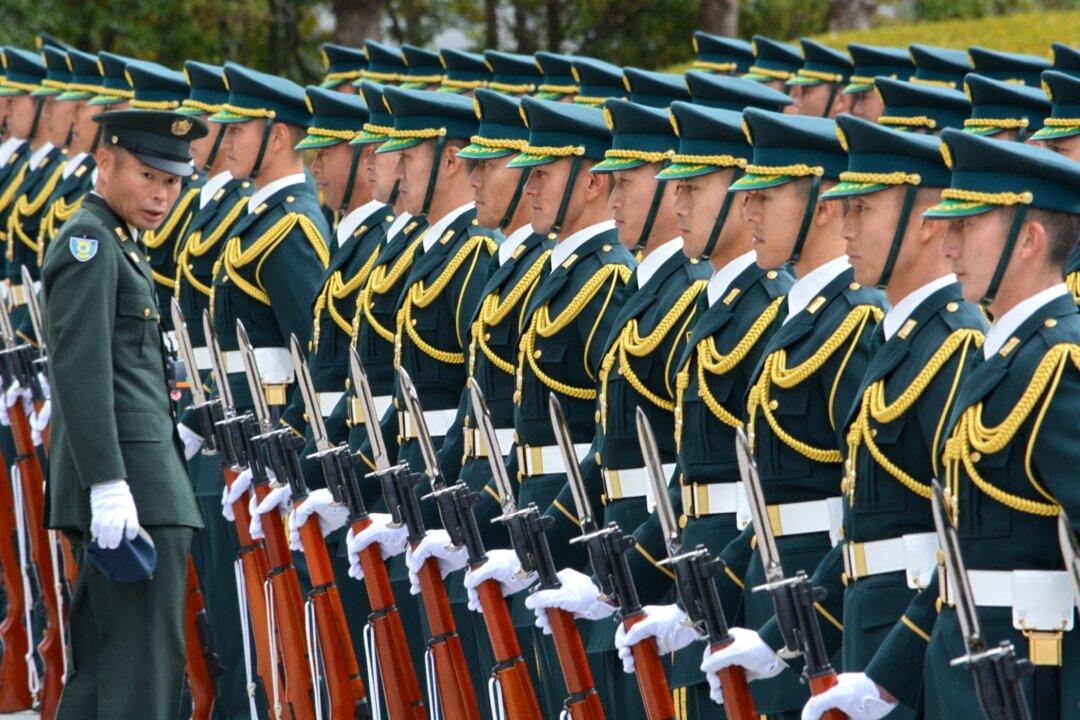News Analysis
In less than two years, Japan transformed from a pacifist nation to a major military power willing and able to defend itself and its allies, and new draft legislation will further its shift. You can thank China for this.
While the changes don’t mean that Japan is immediately going to exert its military globally, they mean that that time could soon come: they will be able to join U.N. peacekeeping missions, defend their allies, such as the United States, and even extend their defensive capabilities into space.
Japan used to have its arms tied behind its back with Article 9 of its constitution, which outlawed war as a means to settle disputes. But in November 2013, the Chinese regime created an air defense zone over the East China Sea that included the Senkaku islands, which are under Japanese control yet claimed by the Chinese regime.
The Chinese regime didn’t let up. It threatened military action against anyone who entered its defense zone without permission, and began sending ships and jets into the territory. Japan didn’t back down.





